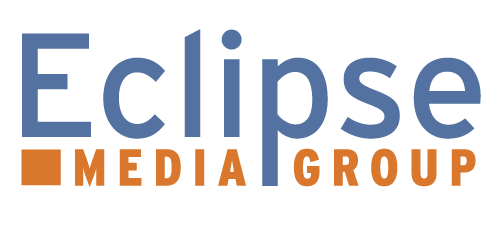Assessing the Value of Media Interviews: Are Interviews Still Relevant?

The media landscape has changed considerably in recent years. Today, instead of picking up a physical print newspaper or magazine, more than 85 percent of adults turn to their smartphone or computer to get the news.
The changes are also evident in the newsroom of newspapers and broadcast news stations across the country, with the number of reporters shrinking considerably with media giants NBC, MSNBC, Sports Illustrated and The Los Angeles Times all announcing layoffs recently.
With fewer reporters on the beat, what does this mean for the media interview? Does this make an interview with the media less valuable or relevant? And should interviews with the media remain part of your public relations and marketing strategy?
Media interviews provide third-party validation
The rise of digital marketing provides unlimited opportunities for businesses to directly promote their brand or solution. Whether it’s through social media, pay for clicks or direct marketing, companies can now control how they reach their customers to share the latest product launch or news.
While this direct engagement offers many benefits, including the ability to control the message and content that the customer receives, it lacks the outside validation that remains important. When a reporter is interested in writing a story about your business or brand, or wants to interview a company spokesperson as a subject matter expert, it builds credibility.
These earned media interview opportunities provide third party validation and increase consumer trust in a brand. Instead of consumers hearing directly from the company that their solution is the best in the market, consumers are being informed in a magazine article or broadcast news story that what the company has to say is relevant.
Media interviews expand reach and brand recognition
Another benefit of an interview with the media is the opportunity to build brand recognition and to reach new customers who are outside your current channel. For example, internal, direct marketing initiatives are often sent to a known list of leads who already have some familiarity with your brand or products.
The challenge is to reach new and the appropriate audience who might not be as familiar with your brand. An interview with the media can help to amplify reach and expose a company to a new customer base. For example, take a company that has developed a new educational mobile app designed to help universities connect students with tutoring support. In this instance, being included in articles about emerging higher education resources can be an important resource to build awareness about this new platform.
Media interviews enable companies to engage in the conversation, manage reputation
It’s not uncommon for business leaders to notice when a competitor is mentioned in the media, but their business is not. Interviews ensure that a company remains part of the conversation and maintains ever important visibility with prospective customers.
When a company is not included in an article that’s in their wheelhouse – such as a topic or industry trends that directly relates to a product or solution that they sell – it can give the perception the company is not an expert in this area. Instead, companies that engage in the conversation gain that valuable exposure and recognition as a subject matter expert.
In addition, participating in interview opportunities enables a company to manage and shape public perception. Not only does an interview opportunity provide the chance for a spokesperson to educate readers about the company itself, but it also provides a platform to communicate key messages effectively or address misconceptions.
Media interviews, and the opportunities they generate, remain a valuable marketing tool. A well-managed interview with the media remains a powerful way to build brand reputation, establish authority, and effectively reach target audiences.
Contact Eclipse Media Group to learn how we leverage media interviews to build brand recognition that will help you grow sales.

